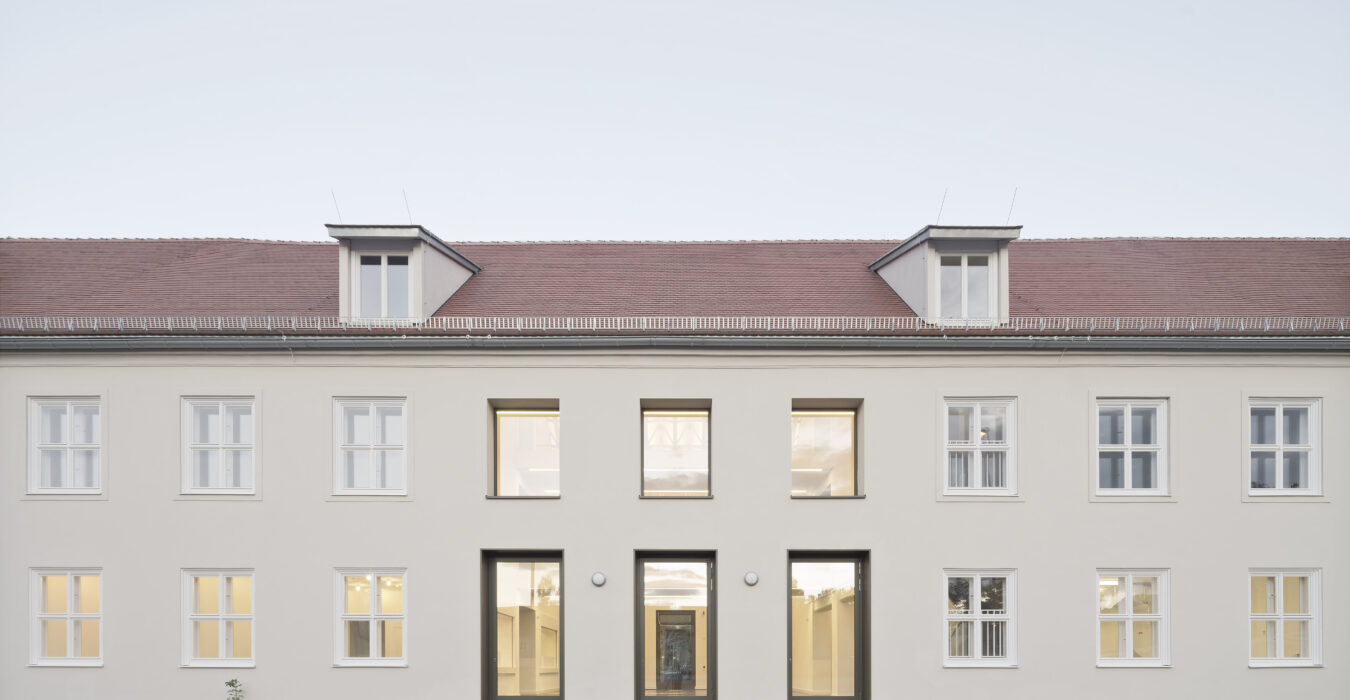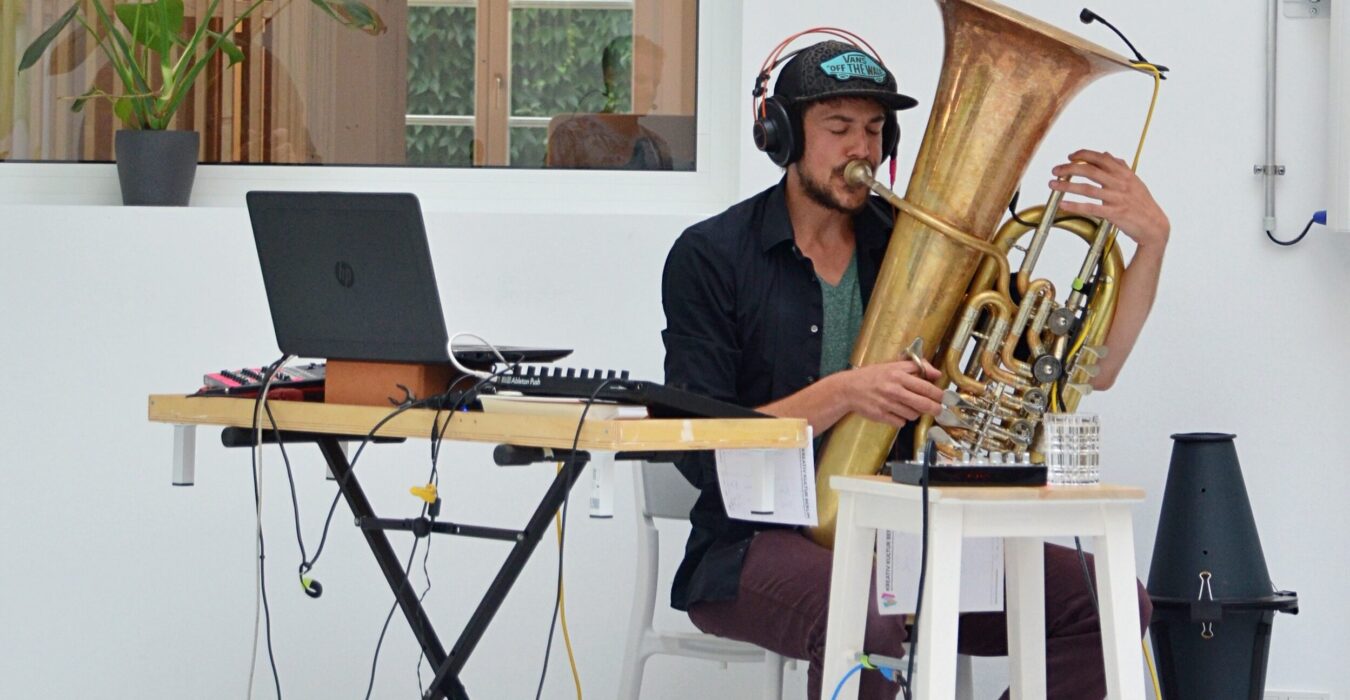MUSIK THEATER POSITIONEN | Day 1
Online-Symposium with Theater der Zeit and POSITIONEN, Münchener Biennale and HfM Dresden
Saturday 24. April 2021
13:00 // Welcome
Wolfram Sander, Saskia Ottis, Moritz Lobeck, Michael Lotz (Team TONLAGEN)
More infos
13:05 // Solidarity Practices: Voices from Belarus
Keynote lecture by Christine Fischer (Director ECLAT, Intendant Music of the Centuries)
More info
14:00 // Stretching Structures
Dr. Christian Esch (Director NRW KULTURsekretariat)
Sarah Israel (freelance dramaturge)
Dr. Sebastian Brünger (KSB Fund Doppelpass)
Veronica Kaup-Hasler (Vienna City Councilor for Culture and Science)
More info
15:00 – 15:30 Break
15:30 // Point of NEW return – Once to be realised
Manos Tsangaris (Director Munich Biennale)
Robyn Schulkowksy (Musician a.o. in the context of TONLAGEN #pause)
More info
16:00 // Point of NEW return – SUBNORMAL europe meets the PARANORMAL ϕeer group
Óscar Escudero & Belenish Moreno-Gil (direction/dramaturgy/composition a.o. in the framework of TONLAGEN #pause)
Ole Hübner (composer, curator)
More info
17:00 // Opera or Operation?
Aino Laberenz (Managing Director Operndorf Afrika, stage and costume designer)
Zonatan Dembele (Musician)
More infos and films
17:30 // Before sunset with …
Susanne Kennedy (director)
Brigitta Muntendorf (composer)
More info
The event will take place here via Zoom.
It will also be livestreamed via YouTube. The link will follow here shortly.
To join the Zoom webinar, we recommend installing the Zoom app on the appropriate device. According to tests so far, the webinar can also be used without the app in the Google Chrome browser. Before joining, you will be asked for your name and email address. This is for technical reasons only. The data will not be transmitted to the host (HELLERAU).
Note: Spectators cannot participate in the webinar via microphone or video. Requests to speak and questions are possible via the “Q&A” button.
When downloading Zoom, you must agree to their privacy policy and thus to the transfer of data to the USA. We use Zoom because, to our knowledge, it is currently the platform with the lowest barriers to entry for a diverse group.





